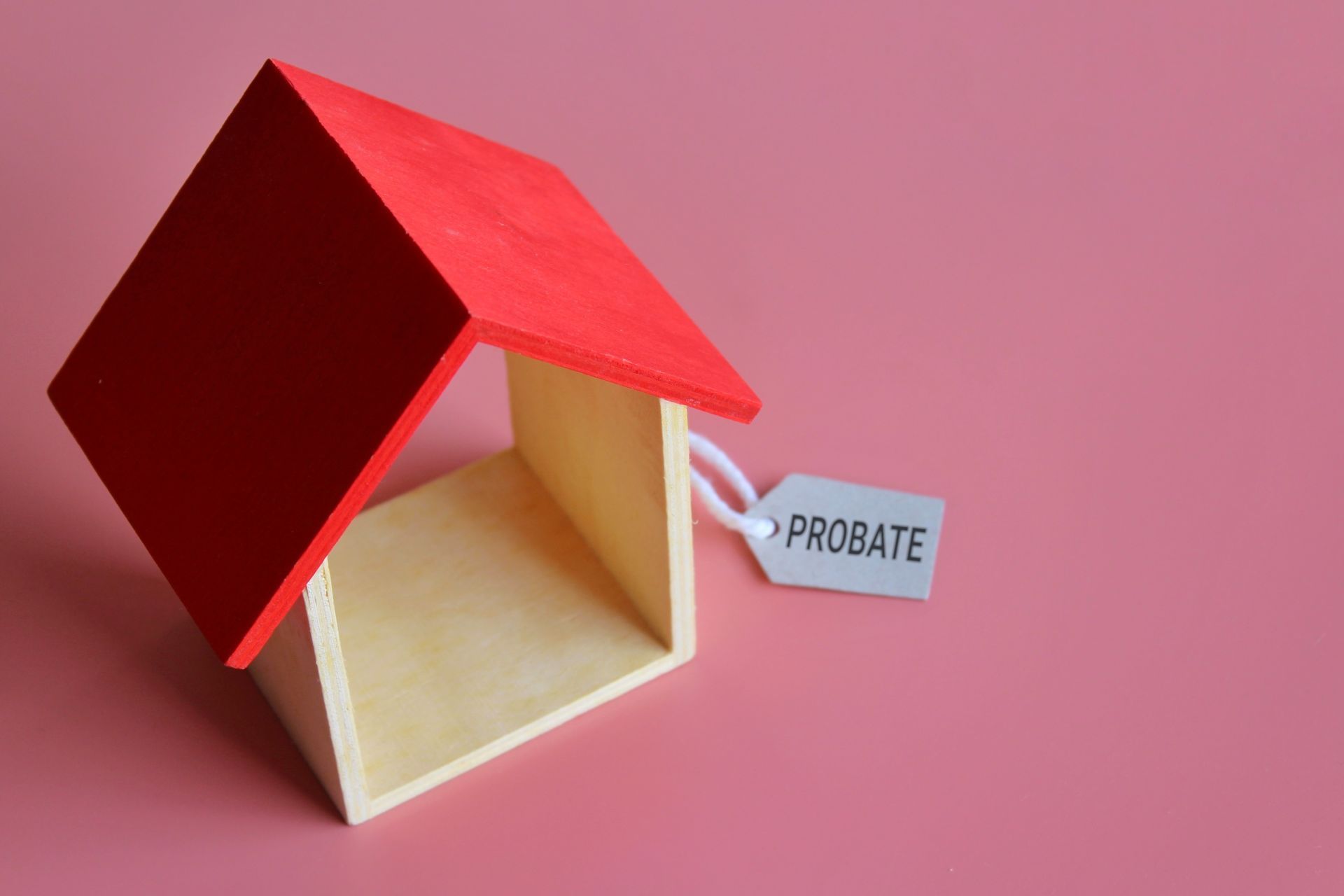Florida Guardianship Law – All the Basics
We do not often like to boast, but when it comes to guardianships in Florida, we at Doane & Doane have a good reason to pat ourselves on the back a little. That is because the firm attorney and partner, Rebecca Doane, founded the Guardianship Education Committee of Palm Beach County back in 1989. For the next 24 years, until 2013, she served as the Committee’s Chairperson and was a mentor in the development of a tutorial course for potential guardians.
The tutorial course was so successful that her guardianship education course is now required by the court system of Palm Beach County for any potential guardian. Further, it serves as the prototype for such courses in other counties in Florida.
Accordingly, this blog is devoted to discussing all of the basics of guardianships in Florida. Think of this blog as the “all you wanted to know about Florida guardianships but were afraid to ask.”
Also, with our wealth of experience and stature in the Florida legal guardianship community, we at Doane & Doane are well-placed to help you with any guardianship issue you may have. Whether it is getting advice on how to currently serve as a guardian, or figuring out what language to use to create a guardianship in a last will and testament, or trust document, Doane & Doane can help guide you. Call us today for more information at 561-656-0200.
The Florida Guardianship Basics
1. What is a guardianship?
A guardianship is a legal process in the circuit courts of Florida, whereby a court appoints (or some other legal document appoints) a guardian to exercise an incapacitated person’s legal rights. Chapter 744 of the Florida Statutes controls all of the rules and regulations involved in guardianships in Florida courts.
Note, however, that the procedure in that Chapter and discussed here does not cover the appointment of a guardian advocate over an individual with developmental disabilities. Different rules cover those individuals.
2. What is a guardian?
A guardian is an individual who actually cares for an individual who is define incapacitated or cares for their financial assets. The incapacitated person is often referred to as a “ward” in connection to guardianship proceedings.
A guardian does not necessarily need to be one person. It is possible that an institution, such as a nonprofit corporation or bank trust department, can also serve as a guardian for the award.
3. Can anyone be a guardian?
Any person who is an adult and a resident of Florida can serve as a guardian in Florida. The guardian can be related or not related to the potential ward. Also, relatives of a ward who do not reside in Florida can in most circumstances serve as a guardian.
People who have been convicted of a felony or who cannot carry out the necessary guardianship duties will not be appointed as guardians in Florida.
It is not uncommon for a person to pick a guardian before he or she becomes incapacitated. A court will typically honor that designation unless there is some reason that the selected individual is not qualified, or if such an appointment would not be in the best interest of the ward.
4. What does it mean to be incapacitated?
An incapacitated person is either an adult who has been judicially determined to lack the capacity to manage his or her personal and/or financial affairs or a minor. A minor’s parents are his or her natural guardians, but if the parents die or become incapacitated, or if a minor receives an inheritance or some other income over $15,000, then the court must appoint a guardian. A guardian for minor children can also be selected in a last will and testament.
5. What does a guardian generally do?
With regard to a ward’s property, a guardian must inventory the property, invest it wisely, and use it for the ward’s benefit. The guardian will often need to obtain court approval for particular financial decisions.
If a guardian has been appointed to care for a ward’s person, then the guardian must do all that is necessary to provide medical, mental, and personal care for the ward, including the kind of residential setting that is most appropriate for the ward. This type of guardian must give an annual report and plan to the court, including providing a physician’s report.
If an award is only partially incapacitated, the court can appoint a guardian to handle only those issues that the wad is incapable of exercising.
Doane & Doane Are the Go-To Attorneys for Guardianship Matters in Florida
We at Doane & Doane, P.A. have a team of experienced guardianship lawyers in the West Palm Beach area. Because guardianship is a legal relationship relating to people named in a will or trust, you need a lawyer to properly advise you. Doane & Doane can help.
When you are involved in a guardianship matter in the court system, the twists and turns on that guardianship journey can be confusing and may seem to never end. Have no fear. Doane & Doane lawyers have a vast amount of experience handling guardianships and will be able to counsel you properly, so you can make the best decisions as a guardian.
Even though a guardianship of a minor and a guardianship of an elderly person are both called “guardianships,” they actually might involve very different rules and parameters depending on the circumstances. With the assistance of a Doane & Doane lawyer, we can make sure that everything necessary and important for your particular guardianship is considered.
Without legal guidance, a guardianship might become too challenging and thus frustrate both you and the ward. Avoid that altogether by having a Doane & Doane lawyer guiding you through the process.
As noted, firm attorney and partner, Rebecca Doane , founded the Guardianship Education Committee of Palm Beach County in 1989 and until 2013, she served as the Committee’s Chairperson and was a mentor in the development of a tutorial course for potential guardians. Her guardianship education course has become so successful that it is now required by the court system of Palm Beach County for any potential guardian. It serves as the prototype for such courses in other counties in Florida.
Given that we “wrote the course” on guardianships in Florida, our firm is the authority on Florida guardianships today. Call us today for more information at 561-656-0200.
Disclaimer: The information on this website and blog is for general informational purposes only and is not professional advice. We make no guarantees of accuracy or completeness. We disclaim all liability for errors, omissions, or reliance on this content. Always consult a qualified professional for specific guidance.
RECENT POSTS






